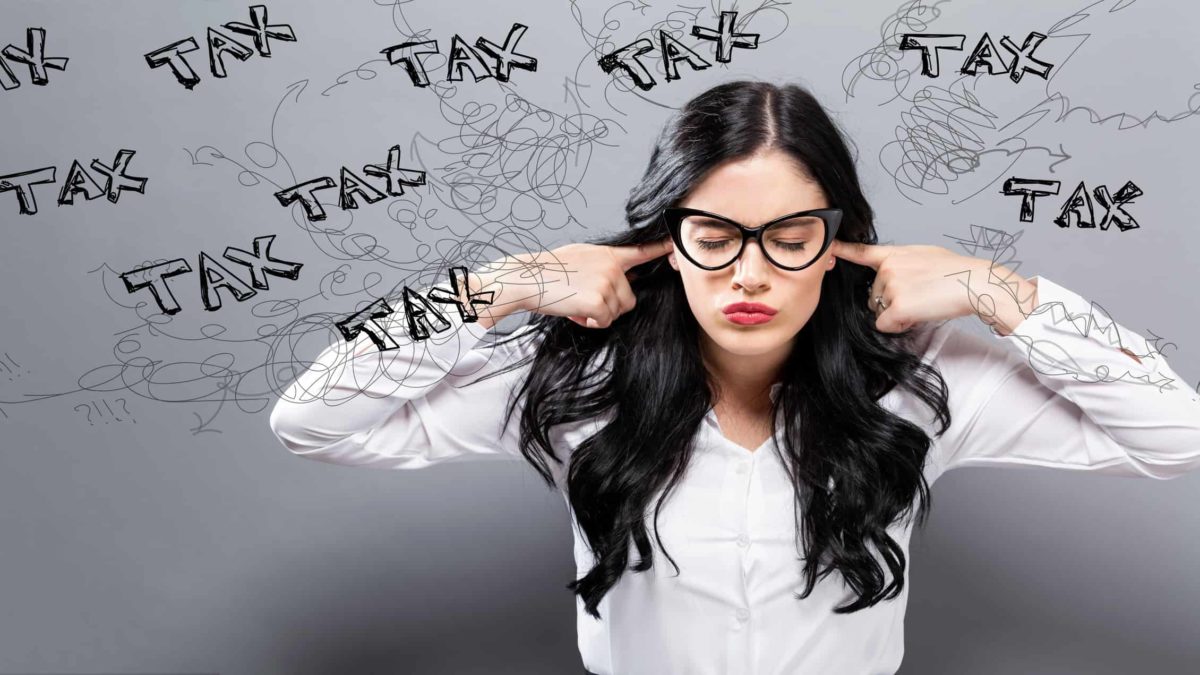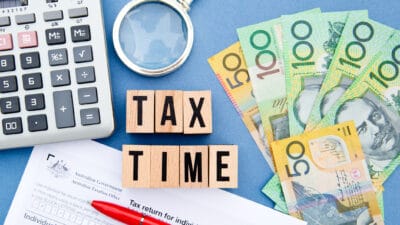Where has the year gone? It's nearly the end of June already, prompting a tax time refresher for ASX share investors.
As per usual, the Australian financial year ends on 30 June. Now don't be alarmed, but that's only 9 days away. Between now and then there are a few things to think about regarding your ASX share transactions.
Tax time certainly isn't one of the most exciting parts of the share market. But it can have big impacts on your returns. So, what can you do to be best prepared and informed this year?
Have you sold some ASX shares?
The most obvious tax implication for most investors will come in the form of capital gains and dividends. While any dividends paid to you will be considered as ordinary income, capital gains are a little more complex.
In the event you have sold some ASX shares, any profits will be subject to capital gains tax (CGT). However, the duration of ownership is important. If you have owned the shares for less than 12 months, the full profit will be subject to tax at your marginal rate.
On the other hand, if the investment was held for more than 12 months, you will only pay tax on half of the profit.
For example, if you sold 50 shares in Commonwealth Bank of Australia (ASX: CBA) last week at $105 a piece that you bought late last year for $68 each – the full $1,850 profit would be taxed at your marginal rate. Whereas, if you had bought the same CBA shares a couple of years ago, you'd only be taxed on $925.
Offsetting ASX share gains with losses
Furthermore, disbanding a losing investment from your portfolio like A2 Milk Company Ltd (ASX: A2M) comes with its own tax implications. The main thing to know is that any losses incurred can be used to offset any realised profits.
If A2 Milk or some other ASX shares are in the doldrums and you would rather crystallise the loss, cutting the line on a losing position isn't a complete negative. For instance, a $1,000 loss on A2 Milk could bring that $1,850 profit on CBA down to $850 come tax time.
Remember that even there were no profit-making sells this year, a realised loss can be carried forward to future financial years as well.
Easy to forgets
When collecting all the documents for this tax year, there's a few things that are easy to forget but are very important.
Firstly, any micro-investing apps such as RAIZ Invest Ltd (ASX: RZI) and Spaceship will have likely incurred some taxable returns for you to report. Jump across and gather the tax statements to establish any taxable returns.
Secondly, cryptocurrencies… If you have bought and sold any amount of cryptocurrency, this will need to be reported. Despite the marketing of 'privacy', the Australian Tax Office (ATO) can determine if any transactions with the digital asset have occurred thanks to the 'know your customer' regulations across exchanges.
Lastly, if you do sell an ASX share for a loss, be sure not to invest in it again the following financial year. This is known as a 'wash sale' and the ATO certainly doesn't allow it.
Get the help of a tax advisor
In reality, the above commentary skims the surface of tax considerations and implications when it comes to ASX shares. A qualified tax advisor can help make light work of these matters and save you a pretty penny. And a dollar saved is worth more than a dollar earned — because you don't pay tax on a dollar saved.
More money in your back pocket means more money for future great investments. Whether that is investing in the broad market through the S&P/ASX 200 Index (ASX: XJO) or tech high-flyers like Afterpay Ltd (ASX: APT).







